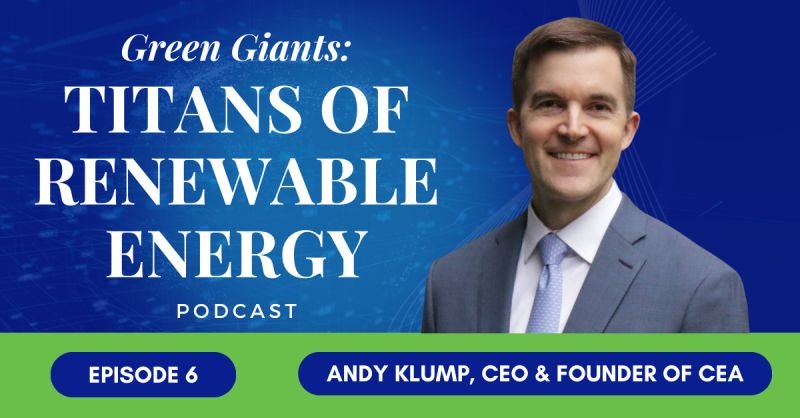pv magazine test: May 2022 Results
By George Touloupas
This article was originally published in pv magazine – July 2022 edition. Learn more about the pv magazine test here.
CEA’s Senior Director of Technology & Quality, George Touloupas, provides analysis of the May 2022 energy yield results from the outdoor test field in Xi’an, China.
The first chart below (Figure 1) shows the meteo station data (irradiance and ambient temperature) for May 2022. The average bifacial boost is 9.11% for the month. Bifacial boost is defined as the extra energy yield of the bifacial products compared to the average energy yield of all monofacial mono PERC products.
Figure 1: Daily temperature and irradiance data - May 2022
Figures 2 and 3 below show the relative yield comparison between different PV module technologies. Although the top performer is Longi’s bifacial PERC module, the average yield of the bifacial TOPCon category leads over the average yield of modules in the bifacial PERC category.
Figure 2: Relative yield of different technologies - May 2022
Figure 3: Total energy yield - May 2022
Our test field only has one sample from Jolywood in the n-TOPCon bifacial category. As TOPCon modules become more prominent, we look forward to installing more samples of this type to achieve a more representative yield comparison.
We decided to exclude mono and multi Al BSF (not PERC) samples from our analysis charts, as these technologies are not mainstream anymore and have been effectively retired. Please note that we currently have only one multi sample installed from Znshine and one mono sample from Recom.
Table 1: Bifacial boost - February to May 2022
Notes on the energy yield measurements:
The energy yield comparison among various technologies, including bifacial boost, will be analyzed using products installed after the beginning of 2019.
The energy yield is given in Wh/Wp and calculated by dividing the energy produced by the module by the Pmax at STC of the module. This Pmax is the maximum STC power after a process of stabilization.
The results are grouped in categories, per module type.
The bifacial boost depends on many parameters: the bifaciality factor, the installation geometry, the albedo of the ground, and the sun angle and diffuse irradiance. The ground in this case is gray gravel.
Table 2: Energy yield ranking - February to May 2022
Test Cooperation
pv magazine test is a cooperative effort involving pv magazine, APsystems, CEA, and Gsolar. All testing procedures are carried out at Gsolar’s test laboratory in Xi’an, China. CEA supervises these tests and designed both the indoor and outdoor testing procedures.















